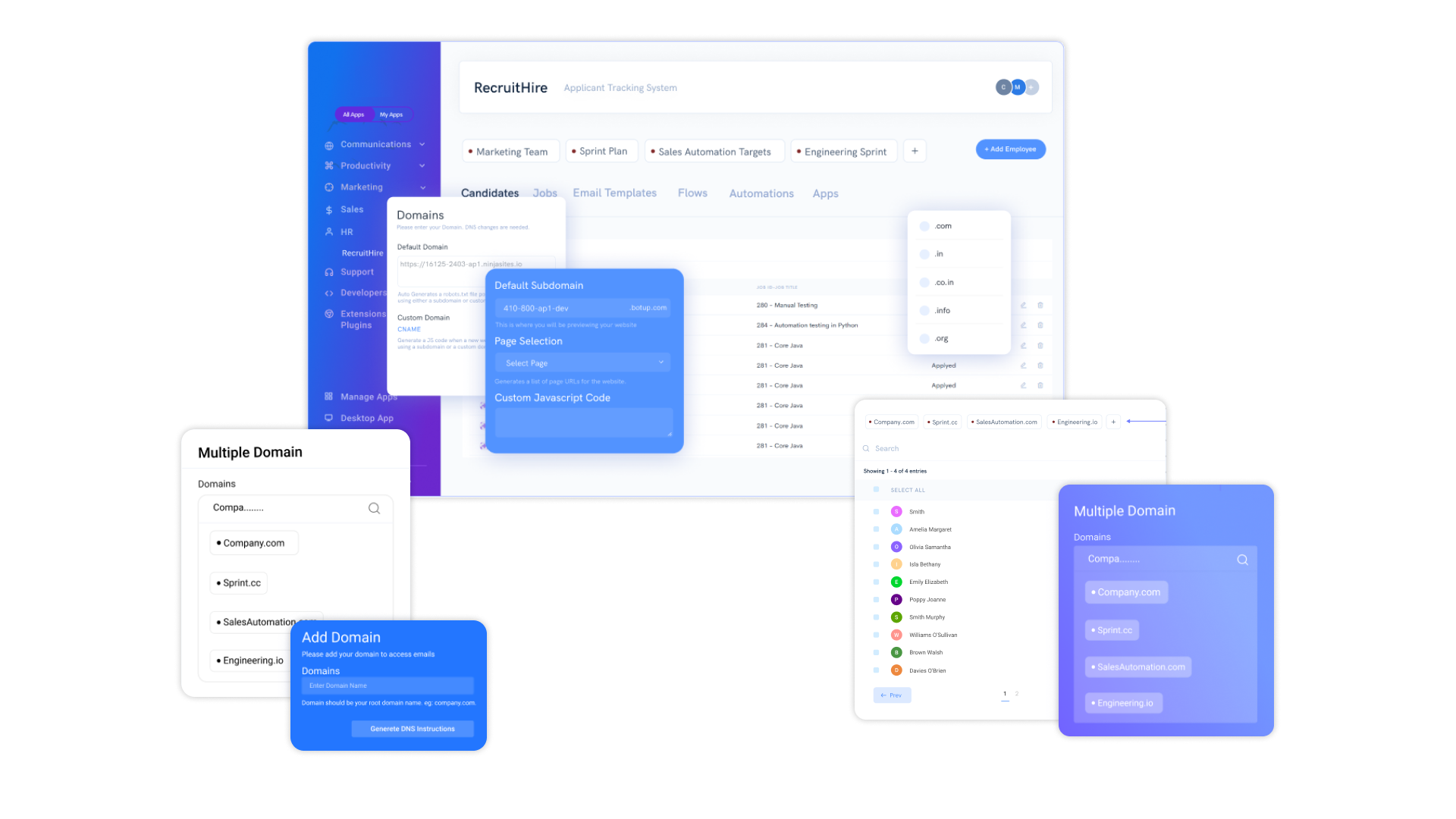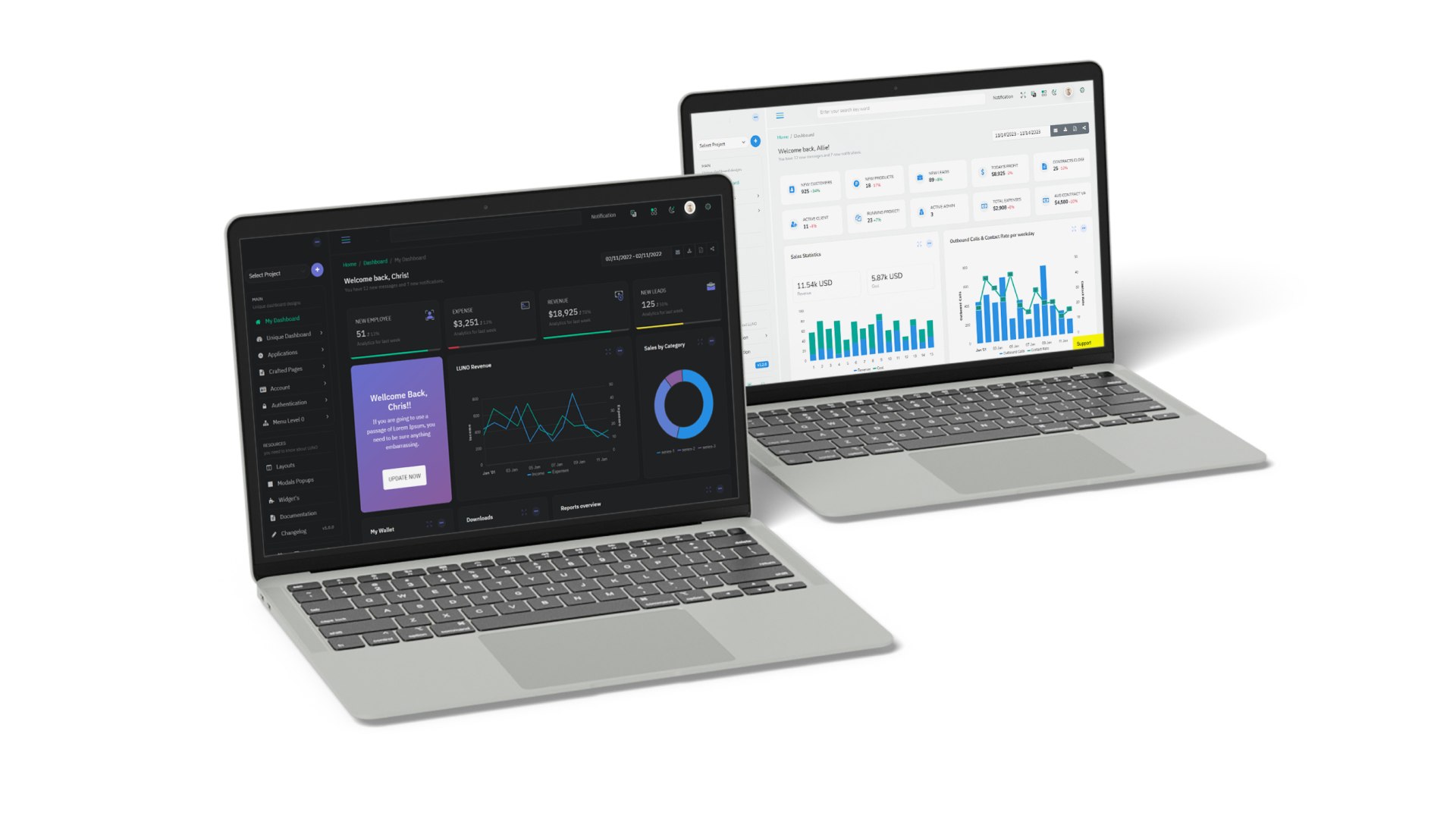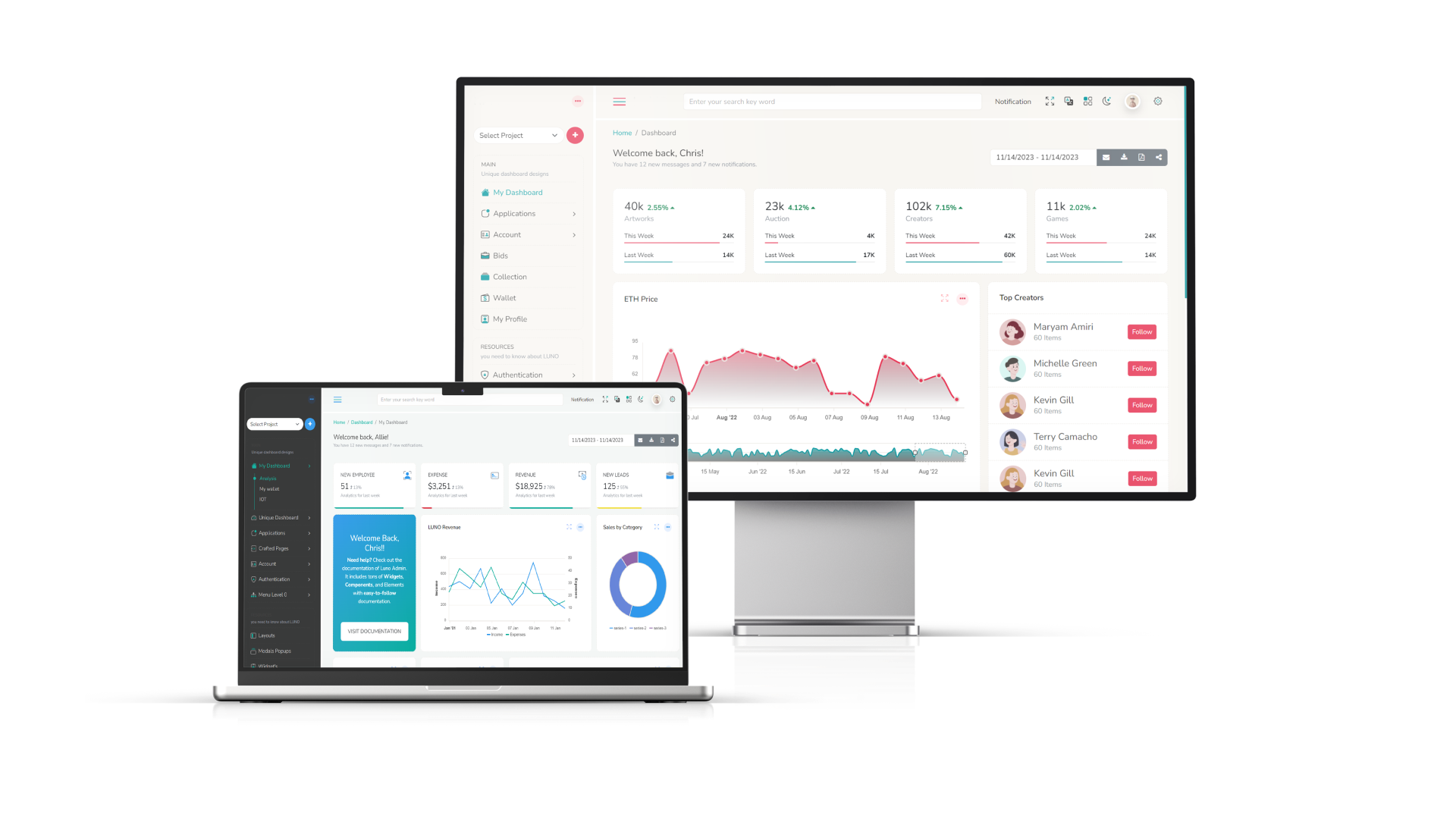A multi-domain site is a site that has multiple domain names, each serving a different region or language. Multi-domain website localization is the process of adapting a website to different cultures and languages.If you are now deciding how to increase the traffic of your website at the expense of other countries, then the information presented in this article will help you better understand this issue, and you will learn how to create an international website and bring it to different countries.Registering a multi-domain website is a very relevant topic for those entrepreneurs who want to take their business to the international level.
This is due to the fact that if your website is located on one domain, usually a local one, tied to the country in which you do business, then the Google search engine will mainly direct traffic from this country to the domain. This way, your site will not have an advantage in search indexing among other local sites that have local domains in other countries.So, in order to collect traffic in different countries, you need to think about registering a domain for your website for each country separately. At first glance, there is nothing complicated about this, but there are a number of difficult questions that you will have to ask when developing a multi-domain website and its localization.

For example, if you use local hosting like https://www.ukraine.com.ua/, you can only register domains that are somehow related to Ukraine or international domains.In order to register a domain that is linked exclusively to another country, you will need to use other services, for example aggregators like https://www.onlydomains.com/, which provide the ability to register domains in different countries at once in one window. However, when you proceed to payment, you will notice that the cost of registration will be quite high in many cases, and in some even unreasonably inflated.In order to save on this process, we recommend using local registrars in each individual country. Of course, this process will require you to spend more time registering a domain, but in the end you will not only save on registration costs, but also explore the local market. This is very important due to the fact that you are planning to create your site for a new individual country.To make the process of registering a domain in another country less time-consuming, try using the following recommendations:
This process should be repeated for each country in which you intend to register a domain.
Are there other ways in which you don’t have to search for a local provider every time and register a localized domain with it? Yes, there are such methods and they often use the sub domain approach for each localization (country), for example: https://uk.yoursite.com/However, this method will be inferior to those previously described. You need to remember that Google will give priority to those sites that are designed for local domains and a specific language of the locale. The more you satisfy these conditions, the better the localization process will be subsequently.Why create multi-domain websites at all?Multi-domain websites have several important advantages:
Overall, creating multi-domain sites helps you better tailor your online presence to the varied needs and expectations of your audience. This can help increase the efficiency of your web project and expand your business.

A multi-domain website helps you get more traffic from other countries by using geo-specific local domains. As a result, you will be able to take your company’s work to a new level by increasing traffic. Let’s consider the main advantages of such resources from the point of view of lead generation:
However, it’s important to remember that managing multiple domains will also require a lot of effort and resources for development, maintenance, and marketing. A multi-domain website will not always automatically increase traffic and lead generation. Effectiveness depends on how well you tailor each site to its target audience and how strategically you use a multi-domain approach.
Through a multi-domain approach, you can promote any website, but it is worth highlighting a number of businesses for which it is most interesting:

When developing a multi-domain website, difficulties may arise in producing content, since it must be adapted for each country individually. Accordingly, the more domains you have in different countries, the more languages you will have to translate your content into, and there are several ways to do this:
Specific challenges to running a multi-domain site and localizing it may include:
Here are some of the specific problems that may arise when localizing a multi-domain site:
To avoid these difficulties, a multi-domain site localization project must be carefully planned and implemented.Here are some tips for localizing a multi-domain site:
By following these tips, you can successfully localize your multi-domain site and ensure it is accessible to users in different regions and languages.
A regular multilingual website is certainly useful, but it may not be enough if you are serious about promoting your business in other countries. Here are some reasons why you should consider additional measures:
Overall, a multilingual website is the first step, but to successfully promote your business internationally, it is important to consider many other factors related to the specific countries and regions in which you want to be active.
To develop a multi-domain website, you can use various CMS, self-written solutions, frameworks or specialized tools. Let’s look at several options, including CMS WordPress, Wagtail, and self-written framework solutions.WordPress CMS:
Wagtail CMS:
Self-written solutions using frameworks:
The choice between these options depends on your needs, resources and experience. If you want a quick and relatively easy way to create a multi-domain website, WordPress is a good choice. If you need a more flexible and customizable option, Wagtail or a self-written framework solution are more suitable.Our company devotes a lot of time and resources to developing multi-domain websites. We can advise on the best way to register domains, how to conveniently implement an admin panel for a multi-domain site so that it is convenient to work with content and fill out the site, and we can also help carry out the full development cycle of a multi-domain site.If you found this information useful and you need more detailed consultation on the development of a multi-domain website and its localization, you can always contact us for more detailed information.
Our works
Contact the experts Have a question?
The user, filling out an application on the website https://avada-media.ua/ (hereinafter referred to as the Site), agrees to the terms of this Consent for the processing of personal data (hereinafter referred to as the Consent) in accordance with the Law of Ukraine “On the collection of personal data”. Acceptance of the offer of the Consent is the sending of an application from the Site or an order from the Operator by telephone of the Site.
The user gives his consent to the processing of his personal data with the following conditions:
1. This Consent is given to the processing of personal data both without and using automation tools.
2. Consent applies to the following information: name, phone, email.
3. Consent to the processing of personal data is given in order to provide the User with an answer to the application, further conclude and fulfill obligations under the contracts, provide customer support, inform about services that, in the opinion of the Operator, may be of interest to the User, conduct surveys and market research.
4. The User grants the Operator the right to carry out the following actions (operations) with personal data: collection, recording, systematization, accumulation, storage, clarification (updating, changing), use, depersonalization, blocking, deletion and destruction, transfer to third parties, with the consent of the subject of personal data and compliance with measures to protect personal data from unauthorized access.
5. Personal data is processed by the Operator until all necessary procedures are completed. Also, processing can be stopped at the request of the User by e-mail: info@avada-media.com.ua
6. The User confirms that by giving Consent, he acts freely, by his will and in his interest.
7. This Consent is valid indefinitely until the termination of the processing of personal data for the reasons specified in clause 5 of this document.
Send CV
Contact us in any convenient way for you:
+ 38 (097) 036 29 32